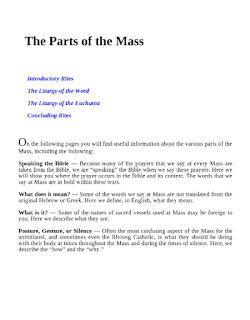The Fourth Rule: St. Benedict's Guide to Life by Michael Dubruiel, is free today.
How can I be at peace? What's the meaning of my life? You're not the first to ask these questions. They're the fundamental questions of human life. Over a thousand years ago, an Italian monk offered answers and put them into practice. Come discover their lasting truth of St. Benedict of Nursia's Rule.
(14) To relieve the poor.
Others came to the door looking for food of a different sort.
Thomas Merton in Bread in the Wilderness speaks of the psalms as God’s manna, given to feed the soul in the desert of life. The monk’s prayer, made up almost entirely of praying the psalms, provided that nourishment for many who had suffered loss or hurt from great struggles of faith.
All of us are poor. It is arrogant to think that I am somehow better than anyone else. If there is anything that I have hated throughout my life, it is those who look down on others. Sadly, it is also the part of myself that I hate the most—and the part that I know could ultimately condemn me if I do not let go of it.
Saint Benedict did not leave counsel to “help” the poor, even though we could interpret this counsel as concretely doing this. He told them to breathe life into them.
I could feed the poor with food, but if I made them feel like I was doing them a great service, I could leave them with their bellies full but still feeling very poor. If on the other hand, I fed them in the way I might some friend who I hoped to impress and win favor from, how might that leave them?
The famous, the wealthy and those in power often find that doors are opened for them and everything provided for them, although they usually have done nothing to deserve it. We may not have a “royal” family in this land of ours, but some are treated that way nonetheless. Why should some be treated that way and while others are neglected?





